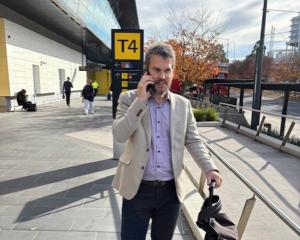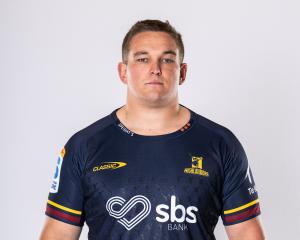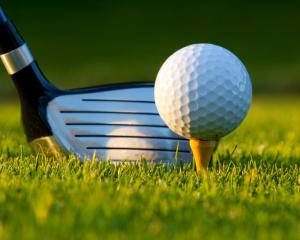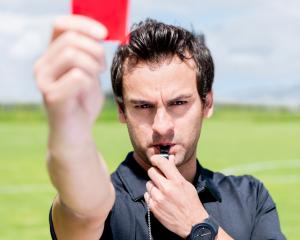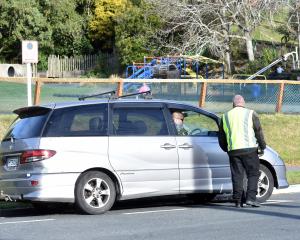
OUSA postgraduate representative Hanna Friedlander said attendees at a recent postgraduate event were asked if they had felt lonely in the past week, and every person put their hand up.
While many were shocked by the response, given that they are surrounded by thousands of undergraduate students, she said it was not surprising.
Being a postgraduate student was an "inherently solitary experience", she said.
"In the case of master’s and PhD students, you are respectively spending 1-3 years working on your independent project by yourself, and rarely are you at the same stage of research as your peers.
"Alongside homesickness, a general feeling of not fitting in, and finding it harder to form a network, the expectations of independence demanded of you by a postgraduate programme can be an experience that you feel might not resonate with domestic or younger folk."
She said success in postgraduate work was often measured by the student’s productivity, rather than the social connections they make.
"This often pushes postgrads more and more into isolation in order to meet the demands of their programme, while also remaining academically competitive.
"There is discourse around the ease in which people can isolate themselves to an extreme level."
She said the feeling of loneliness was a "ubiquitous experience" for postgraduate students and there needed to be more intentional and concerted efforts to make people feel more "connected, affirmed, and supported".
So she has started hosting weekly Imposter Hour sessions, where all postgraduate students were welcome to talk about how they have been.
"Each time, I’m tweaking Imposter Hour, really trying to foster this safe, comfortable environment for people.
"It’s this intermediary initiative that is seeking to help people and prevent them from going from having bad thoughts, to needing clinical help."
"Everyone has such an individualised postgraduate experience. If someone is coming there to rant, or they want affirmation from the group ... that’s OK, that’s a common experience.
"A lot can be gained in hearing from people outside of your everyday bubble.
"It is for postgrad students, no matter how old. We’re all in this together."




